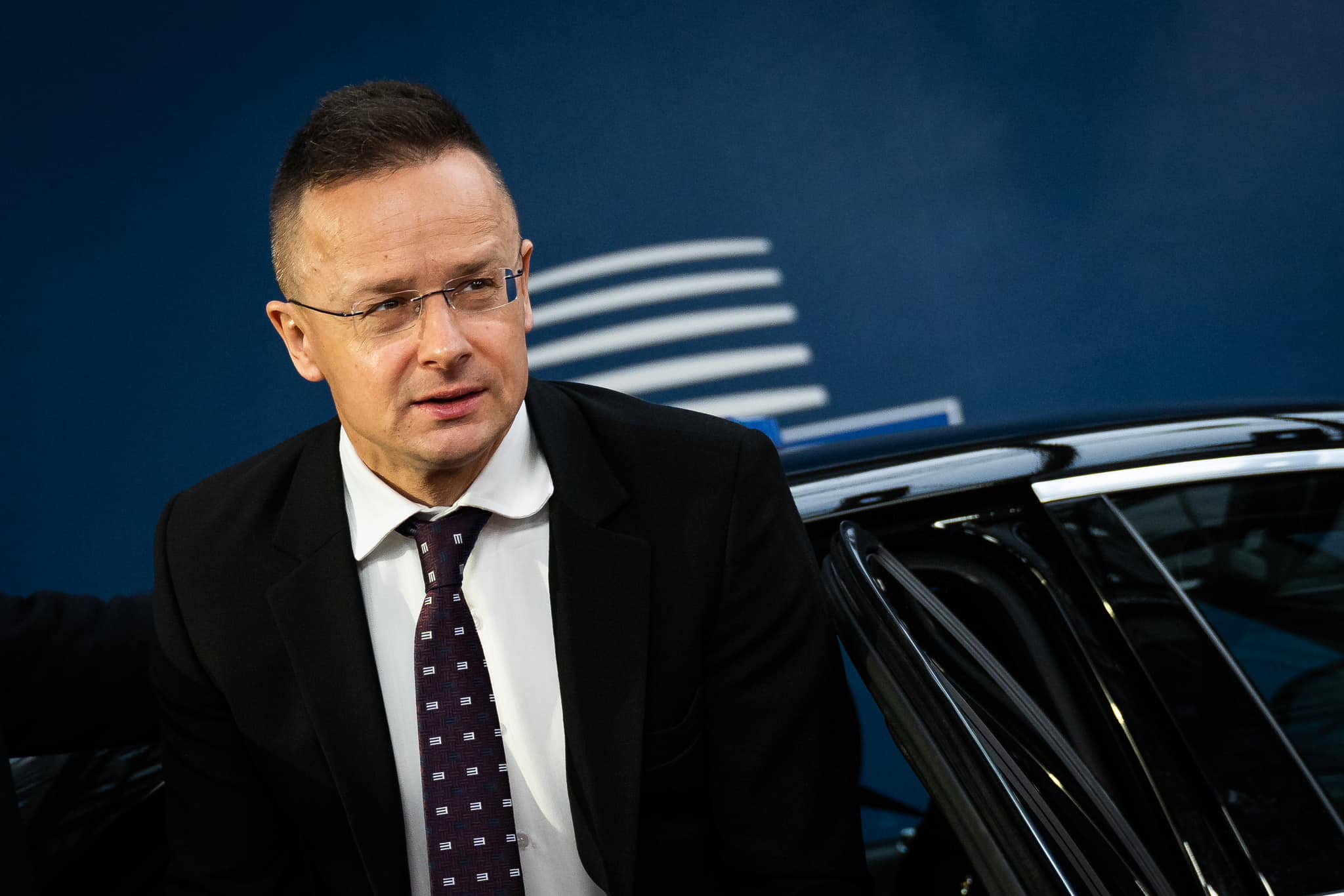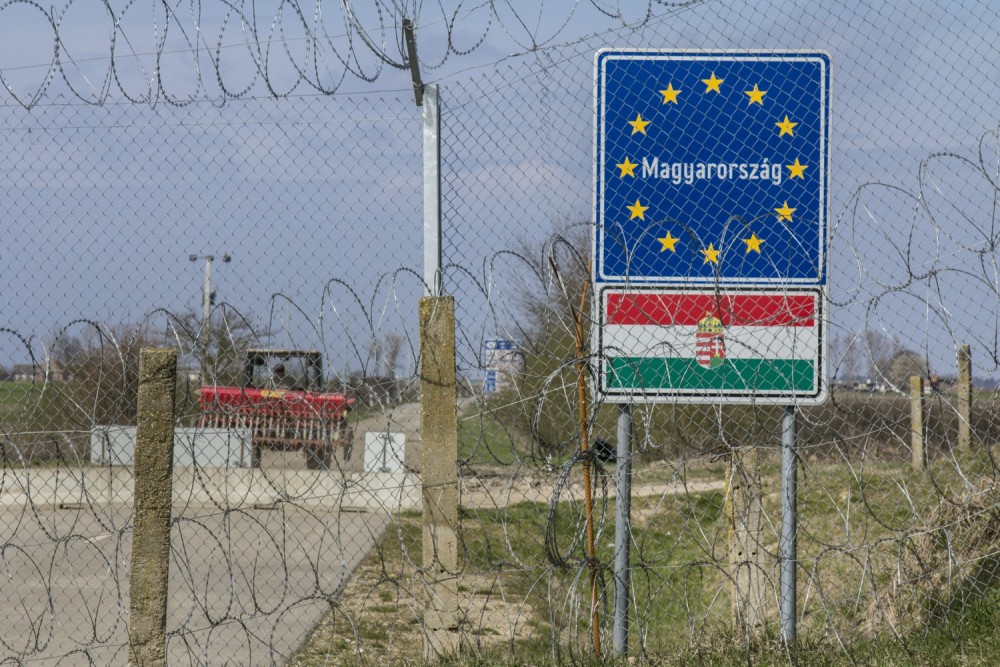
"They can only obtain a residence permit in accordance with the procedure laid down by law."Continue reading

Ylva Johansson, the European Commissioner for Home Affairs, contacted the Hungarian government in early August to ask why it had extended the program for third-country workers to Russia and Belarus. In a letter of response, signed by Interior Minister Sándor Pintér, the government explains why Johansson has no real cause for concern, Index reports.
In the letter, obtained by Index, the minister explains that “Hungary will apply the same migration and security screening for the National Card application as in the case of other residence permits. The National Card will be issued in accordance with the relevant EU framework and with due consideration of the possible security risks involved,” reads the letter.
As Hungary Today reported previously, Foreign Minister Péter Szijjártó described it as “childish lies” that Hungary is endangering the security of the Schengen area by extending the National Card Program to Russia and Belarus. “The truth is that Russian and Belarusian citizens can only enter Hungary and thus the Schengen area if they are in possession of a visa, and they can only obtain a residence permit in accordance with the procedure laid down by law, following a procedure conducted by the National Directorate-General for Alien Policing,” he pointed out.
According to the report by Index, the letter reveals that the decision was taken for labor market and competitiveness reasons, in line with the current economic situation. In its response, the government specifically underlines that,
in addition to Hungarian and EU legislation, the entry is carried out in accordance with the Schengen Borders Code, meaning that both the program and the entry comply with EU standards.”
The minister notes in its response that there are, and have been no specific guidelines or exceptions for Russian and Belarusian nationals.
As the news portal writes, the letter also points out that less than one percent of Russian and Belarusian citizens living in the EU reside in Hungary, with many more living in Germany, but also in Spain, Italy, Austria, the Czech Republic and Poland. Moreover, following the extension of the program in July, only 33 people applications were received from Russia or Belarus, of whom only seven have been approved so far.
János Bóka, Minister for European Union Affairs, has since shared part of the letter on X:
In a letter sent by minister of interior @YlvaJohansson was informed: the same migration and security screenings as for other residence permits are carried out when the application for the National Card of Russian and Belarus citizens is evaluated. 1/3 pic.twitter.com/IFDk8onX7y
— Bóka János (@JanosBoka_HU) August 21, 2024
Via Index, Featured image: Facebook/Migrációkutató Intézet